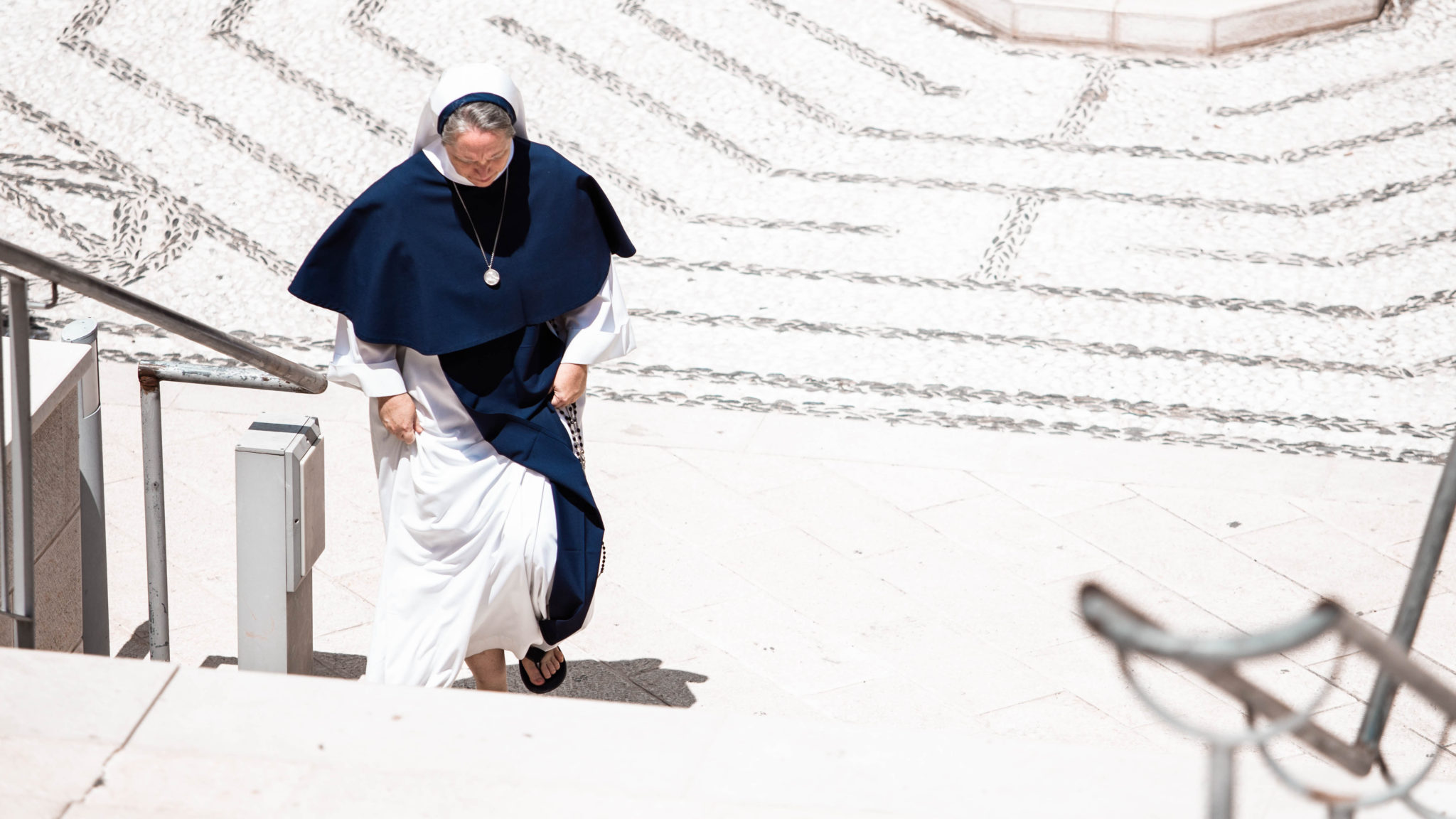
Many people struggle with the intersection of faith and science, and though it can be counterintuitive to think that they work together, they actually do. But what if there’s more to it than that? What if faith and science don’t just exist concurrently, but are fundamentally inseparable?
That’s what Father Terry Ehrman, CSC, believes. Father Terry is a biologist, a theologian, and a professor at the University of Notre Dame — but he doesn’t teach just any theology classes. Father Terry uses his master’s degree in aquatic ecology and his time spent studying entemology to inform his teaching — and his studies.
“Instead of being a biologist who thinks about God, I decided to become a theologian who thinks about plants, and water, and insects,” he says. He’s created two classes at Notre Dame: the first is called “Science, Theology and Creation” and examines God as creator and the meaning of creation. The second, “Theology of Ecology,” explores the Great Lakes watershed through the lens of theology and creation.
It’s pretty clear that the study of natural things and theological concepts are both pretty important to Father Terry, so I sat down with him to understand more about why he thinks science is so important to faith, and vice versa.
‘How’ and ‘why’ are different questions
Father Terry firmly believes that we’ve been raised with a fundamental lie about who God is — and that skews our view of faith and science. “It is a myth that there’s this fundamental conflict between faith and science,” he says. In fact, he says, if you really understand who God is, you can’t help but study science.
He breaks it down for his students like this: If you could list every object in the universe — every object that exists — you couldn’t put God on that list. God isn’t a thing.
In fact, God isn’t like us at all. “We have being. Our phones have being. But God is being,” he says.
What’s that mean?
God is not a created thing. He’s “more of a verb than a noun” — God is the creator. He’s what theologians call the primary cause of existence. When scientists study the way plants or cells grow, the plants’ hormones and their blooming patterns, they’re exploring a secondary cause. They’re looking at the how of the plant’s existence. But God, Father Terry says, is the primary cause of that plant: He’s the One who created it.
And there’s no reason to think that believing God created things should take anything from the study of how and why they work. In fact, those two propositions work together.
“Think about an agent and an instrument,” Father Terry explains — for example, a teacher writing on a chalkboard. We can study the chalk and what’s written on the board without coming into conflict with studying the teacher — in fact, we will understand them both better if we study them together.
“The chalk — the secondary cause — is wholly the cause of what the teacher writes on the board,” Father Terry explains. “But the teacher — the primary cause — is also wholly the cause. I couldn’t write on the board without chalk, and the chalk couldn’t write something intelligible without me. It’s just a different level of existence.”
And that different level of existence is what matters to Father Terry — when you understand that God is the primary cause, the creator of the world, you can begin to understand why faith and science don’t conflict with one another. “What people say is, ‘I have evolution, I don’t need God,’” he says. “But evolution looks at the secondary level — how something happens, not why it exists.”
So studying how something happens matters — but it doesn’t mean you can’t study why it exists. “To think that a secondary cause — how something is — interferes with God as the primary cause is to reduce God to just another thing in the world.”
Science as a way to know — and love
These questions aren’t new to Father Terry. In fact, he’s been interested in the natural world for as long as he can remember. One of his first memories is watching a bee get caught in a spiderweb and observing as the spider wrapped the bee up in its web.
“I’ve always had this great love of and attraction to the natural world and understanding how it works,” he says. “Creation has always been, for me, an avenue to God.”
For Father Terry, thinking about God and thinking about science aren’t only compatible — they inform and enable one another. What he learns about the world gives him an appreciation for the God who created it. He sees the natural world that God made, and it inspires him to praise God and to more fully understand who God is and how He works.
So it makes sense why he’s a priest who is also a scientist — discovering knowledge about the world is “a way to glorify God,” he says. “God created the world, and in His wisdom ordered it. Scientists can only do science presuming in faith that the world is real and that truth is worth pursuing. And if you’re a person of faith, that belief comes from the knowledge that the world is created by God.”
There’s another driving force behind the study of science for him: it’s a way to love his neighbor. When we study science, we learn things that we can apply to the human condition. Then, we work toward human flourishing and respond to human needs.
“How do we see the world? How are we attentive to it?” That’s why we study science, according to Father Terry.
“God’s no farther away than opening your eyes — and then, everything we see when we get up in the morning is a gift. It didn’t have to exist at all.”






















